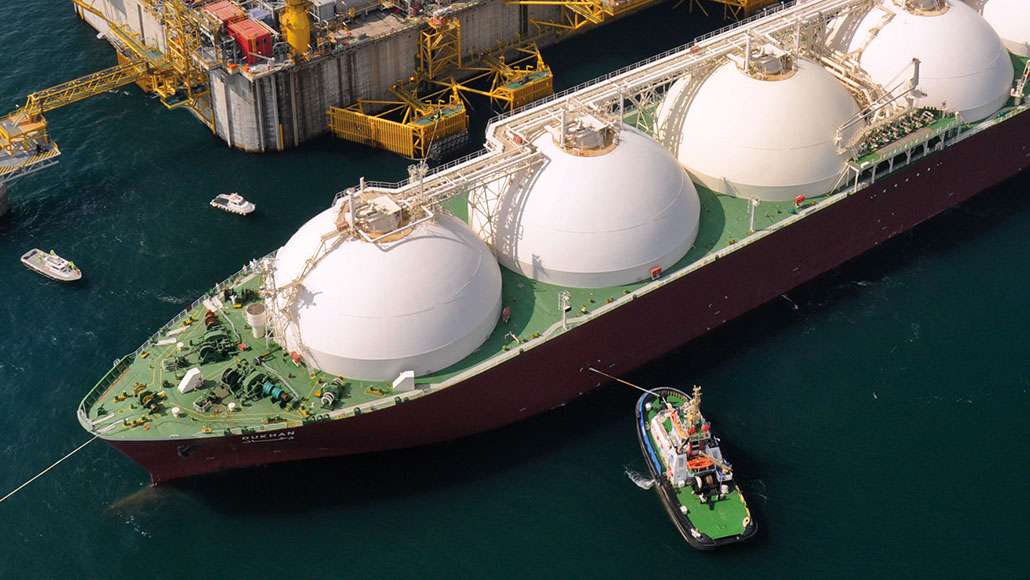In a strategic move aimed at diversifying its energy resources, Turkey is in discussions with ExxonMobil, a US energy giant, for a significant liquefied natural gas (LNG) deal. This potential multibillion-dollar agreement signifies Ankara’s effort to reduce its reliance on Russian gas supplies.
Turkish Energy Minister Alparslan Bayraktar revealed in an interview with the Financial Times that the country seeks to bolster its national security by diversifying energy providers. Under the proposed deal, Turkey could secure up to 2.5 million tonnes of LNG annually from Exxon, with an estimated cost of $1.1 billion. While the agreement’s duration could span a decade, specific terms are yet to be finalized.
This move comes as Turkey aims to diminish its dependence on Russian energy, particularly in the wake of concerns over the weaponization of energy supplies amidst President Putin’s actions in Ukraine. Despite historically strong ties with Moscow, Ankara is eyeing alternative providers as some of its long-term contracts with Russia are set to expire in 2025.
Improved relations between Turkey and the US have also facilitated this potential deal, with Ankara seeking to leverage its expanding LNG imports. The country’s transition to LNG offers greater flexibility compared to pipeline gas, which traditionally relies heavily on Russian imports via infrastructure like the Blue Stream and TurkStream channels across the Black Sea.
Turkey’s broader energy strategy includes a commitment to achieve net zero greenhouse gas emissions by 2053, although the transition away from gas is expected to be gradual. Additionally, Turkey aims to position itself as a regional energy hub, capitalizing on its proximity to energy-rich nations like Azerbaijan, Iran, and Iraq to distribute energy to neighboring countries.
However, European nations may approach this ambition with caution if Turkey’s dependency on Russian fuel persists, highlighting the complex geopolitical dynamics at play in the region’s energy landscape.








 GOOGL
GOOGL  AMZN
AMZN  MET
MET  T
T  WPM
WPM  DM
DM  SVM
SVM  CMC
CMC  HKDUSD=X
HKDUSD=X  BABA
BABA